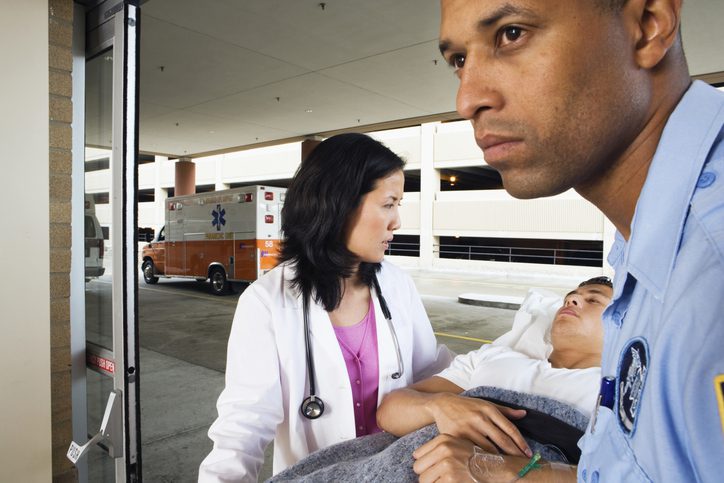Overdoses Can Be Deadly—Whether Intentional or Accidental
Whenever and wherever drugs or alcohol can be found, those who encounter them are at risk of an overdose. That is true if the user is a small child or mentally impaired adult who consumes a substance by mistake. It is true if the user is someone who is trying drugs for the very first time. It is true if a person has been through treatment and experiences a relapse. This is true for long-time drug or alcohol users who have never experienced an overdose before. And it is true—perhaps all too obviously—for the person who turns to drugs to end their own life.
So let us be clear from the start: An overdose—no matter the circumstances or the substance in question—requires immediate medical treatment. Without it, an overdose can lead to organ damage and a shutdown in bodily functions that can ultimately lead to death. Calling 911 right away is the right move to save someone’s life—including your own.
Most Common Culprits When it Comes to Overdoses
It is, unfortunately, possible to overdose on a whole range of substances. Some of most common drugs that lead to overdoses include:
- Opioid pain relievers
- Synthetic opioids including fentanyl
- Benzodiazepines
- Heroin
- Cocaine
- Methamphetamines
- Ecstasy
- Antidepressants
- Over-the-counter drugs like acetaminophen (Tylenol)
Not All Overdoses Look the Same
We want to note that while all of the drugs listed above (and others) can lead to an overdose, not all overdoses are identical. The symptoms a person may experience while in the grips of an overdose depend on the drug or drugs that person has taken.
For example, depressants—including opiates like heroin or benzos like alprazolam (Xanax)—have a sedative effect on those who take them. If a person takes too much, they may fall asleep. As innocuous as that might sound, a person who has taken too much of a depressant drug may experience the complete shut down of their respiratory system while they are asleep.
On the other side of the coin, stimulants—including cocaine and meth—can lead to feelings of extreme stress and anxiety. A person who has taken too much may behave in reckless ways that can lead to harm to themselves or others. And at a certain point—different for each individual—the drugs can have a catastrophic, deadly impact on the person’s body.
Because the symptoms of an overdose can vary, you might feel uncertainty when faced with someone who may or may not be experiencing an overdose. That is understandable, but you can’t let that uncertainty prevent you from calling 911 to get help on the way. Better to be wrong about the severity of the symptoms you are witnessing than to wait until it is too late to save someone.
A Sure Way to Avoid Overdoses
Let us reiterate something very important: If you are currently using drugs or alcohol, you are at risk of an overdose. It really is as simple as that.
Happily, however, there is a way to set that risk aside.
Get sober.
After all, you cannot overdose on substances you are not taking.
And the best way to reclaim your sobriety is to seek out professional substance use disorder treatment that includes helping you weather the challenges of withdrawal, gives you strategies and resources for staying sober over time, and provides ongoing support as your recovery journey gets underway. Ideally, treatment will also include addressing co-occurring mental health disorders that might be dragging you down and tempting you to use drugs or alcohol to harm yourself.
It probably won’t surprise you that we have someplace in mind where you can get the care and support you need to get—and stay—sober.
French Creek Recovery Center Can Help You Get Sober
At French Creek Recovery Center—located in Meadville, Pennsylvania—we provide personalized care for substance use disorders and co-occurring mental health disorders like depression and anxiety. We are dedicated to the idea that you can take back control of your life by reclaiming your sobriety.
We will see you through medically supervised detoxification and a robust rehabilitation program that includes group and individual therapy—including treatment for any mental health disorders that may be entangled with your substance use disorder. And we provide a continuum of care that ensures you can start your recovery journey with confidence, knowing that help and support are always available.

